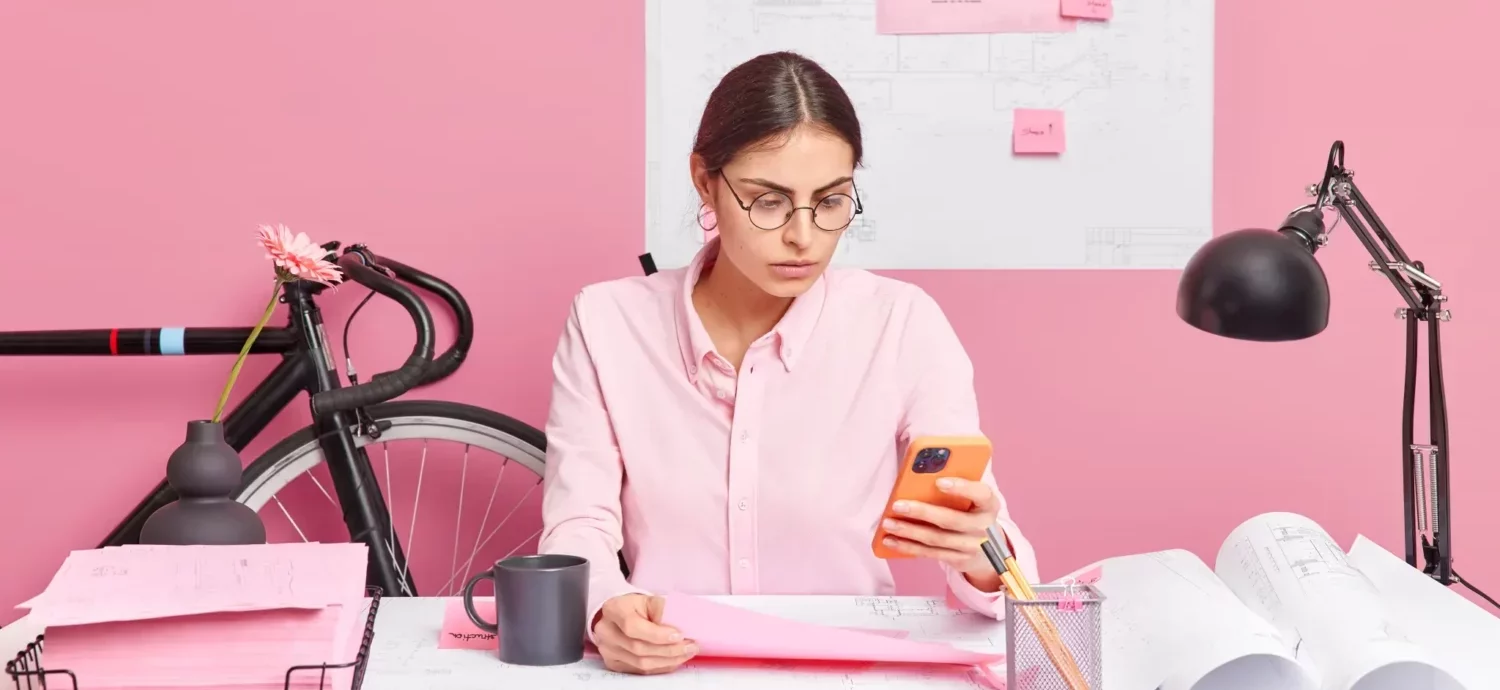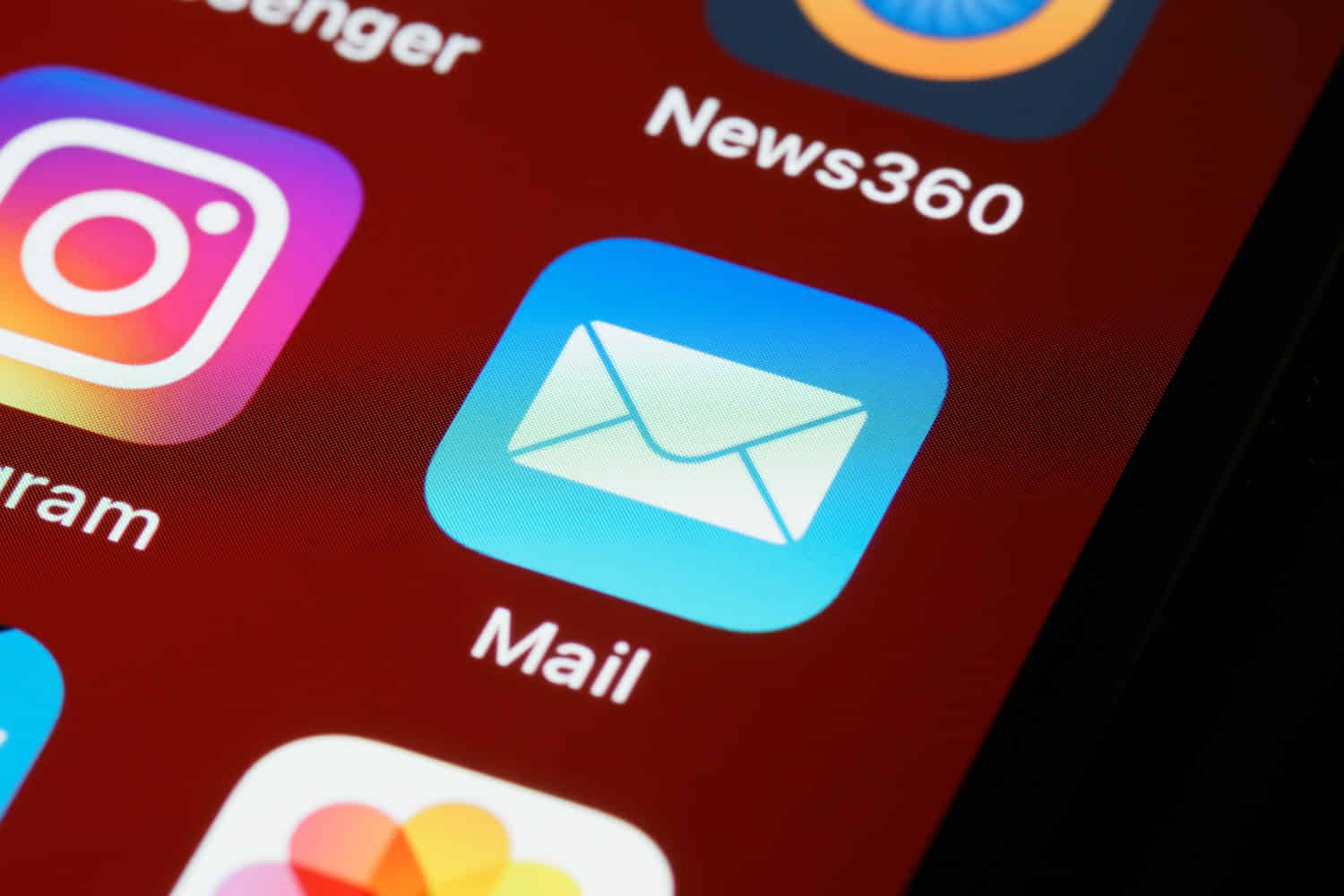Blog
Blog

Why Leverage Beauty Technology to Transform Your Business
Explore why leveraging cutting-edge tools will keep you ahead in the competitive beauty industry, attract new clients, and position your business as an industry leader.

Unlocking the Benefits of Low-Level Laser Therapy for Radiant Skin and Deep Healing
From rejuvenation to deep healing, without discomfort or damage. Know the benefits low-level laser therapy can offer your clients.

Recognizing Entrepreneur Burnout Signs in the Beauty Industry
Discover signs of burnout and actionable strategies to rejuvenate your passion and drive for your beauty business.

Networking Strategies for Time-Strapped Beauty Entrepreneurs
Discover how to network in the beauty industry efficiently. Tips for busy entrepreneurs to build valuable connections without losing time.

Understanding Rosacea: Symptoms, Types, and Treatments
Explore rosacea, a chronic skin condition affecting millions. Learn about its symptoms, types, and the latest treatments to manage it effectively.

15 Ways Body Contouring Benefits are Revolutionizing Beauty
Discover 15 key benefits of body contouring to enhance natural beauty & confidence without surgery.

Maximize Growth with Med Spa Email Marketing
Discover how med spa email marketing can enhance client engagement, boost revenue, and ensure your spa’s success

Why Some Aesthetic Treatments Should Stay in the Hands of Professionals
Considering an aesthetic treatment? Get insights on why professional procedures are
key for safety and effectiveness.

The Ultimate Guide to High-Tech Facials
Discover the latest in skincare with our guide on high-tech facial treatments. Elevate your beauty routine today.